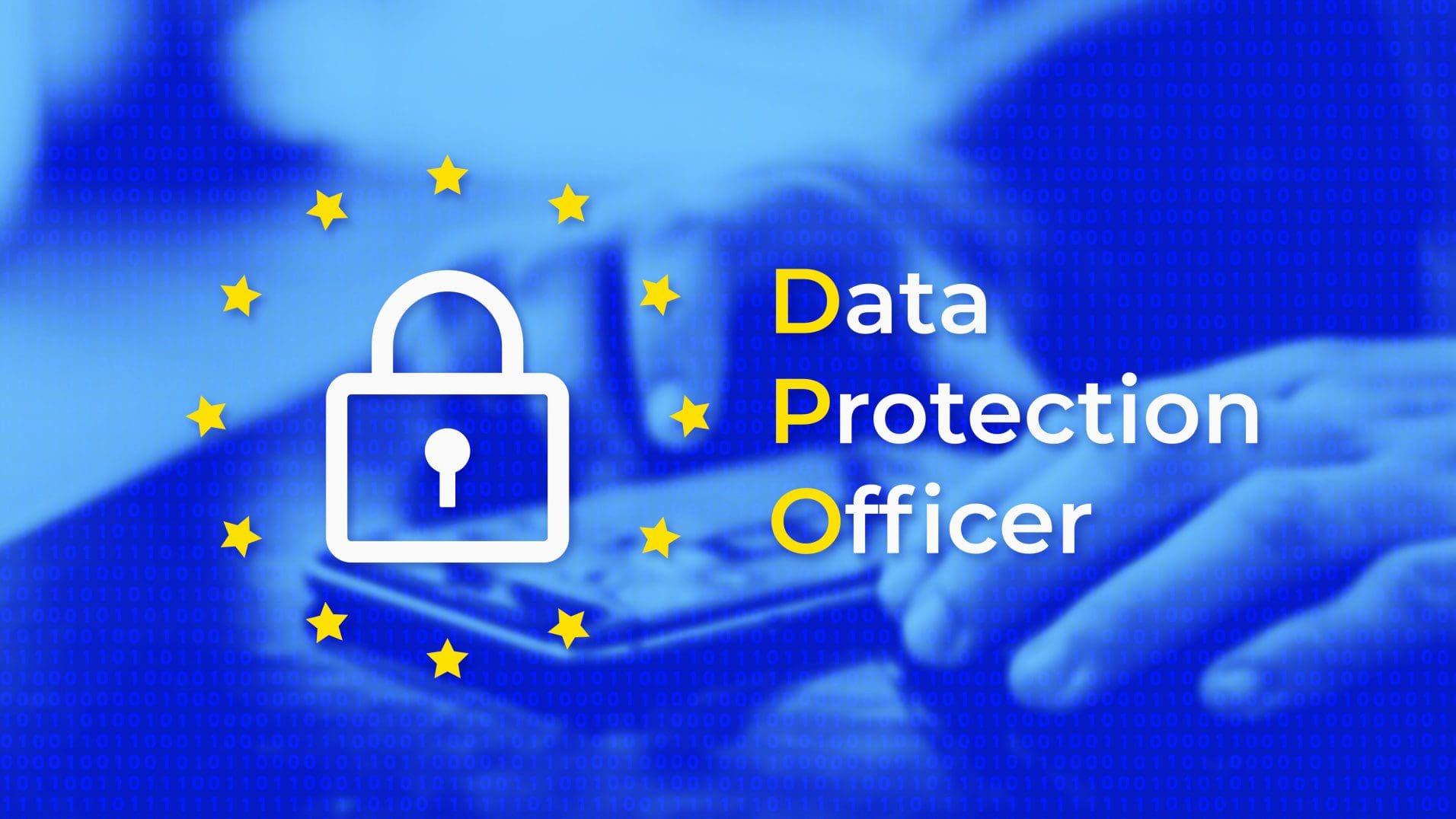Category
Level
Price
Language
Instructors
Rating
4 Courses are found
 Beginner
Beginner
Data Protection Officer (DPO- Basic)
A Data Protection Officer (DPO) is a designated professional responsible for ensuring that an organization complies with...
 Intermediate
Intermediate
Cyber Awareness Bank fraud
In the digital age, online banking and financial transactions have made managing money more convenient, but they have al...


